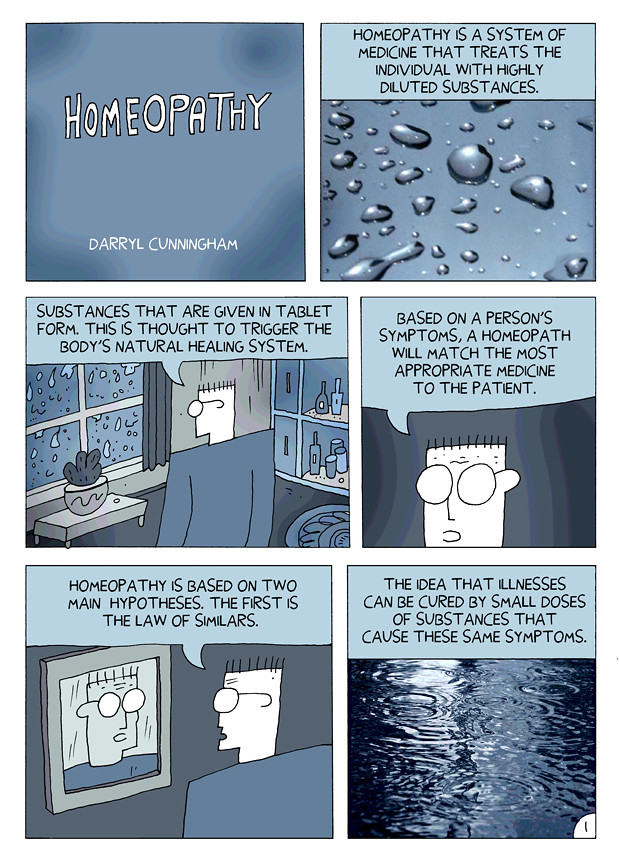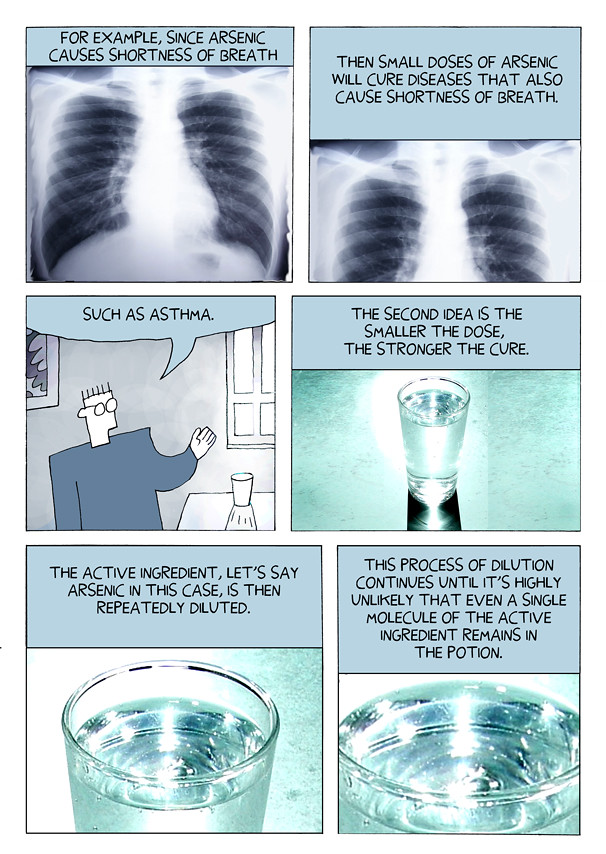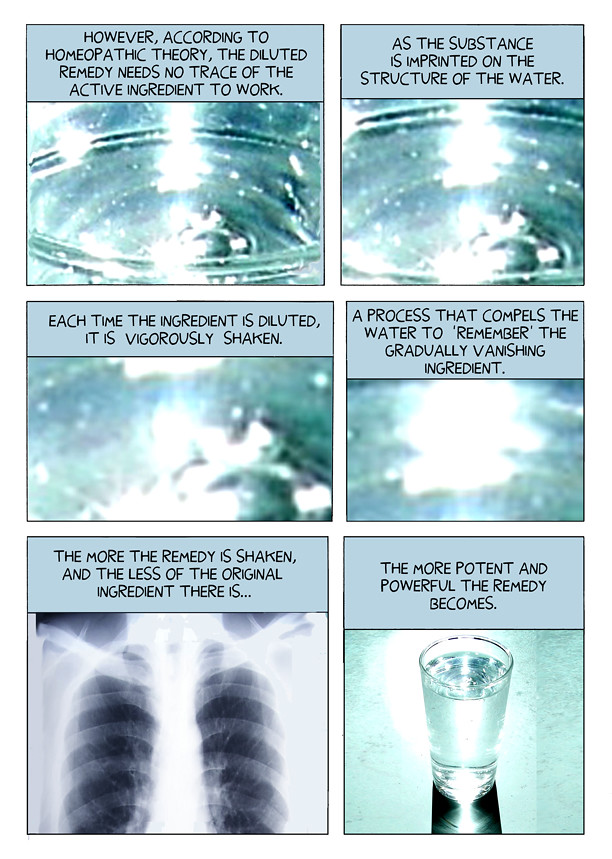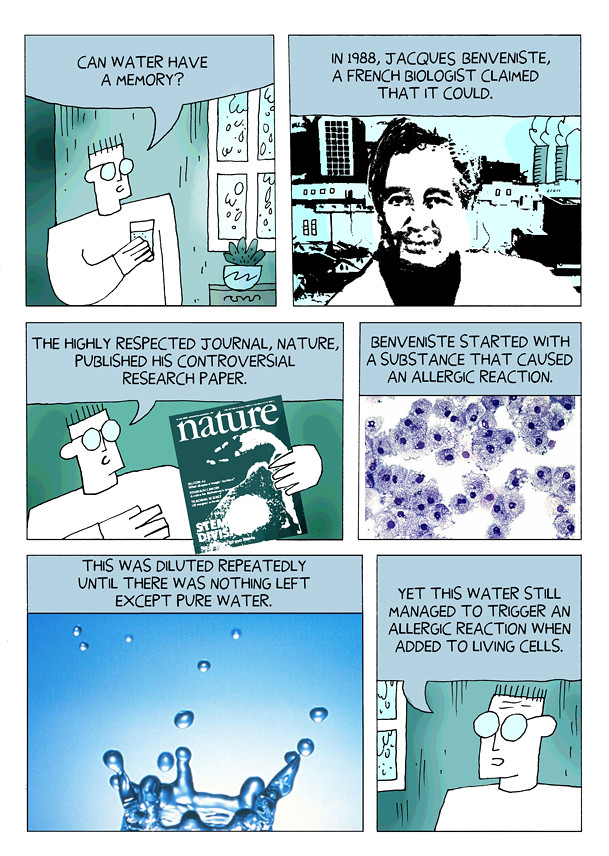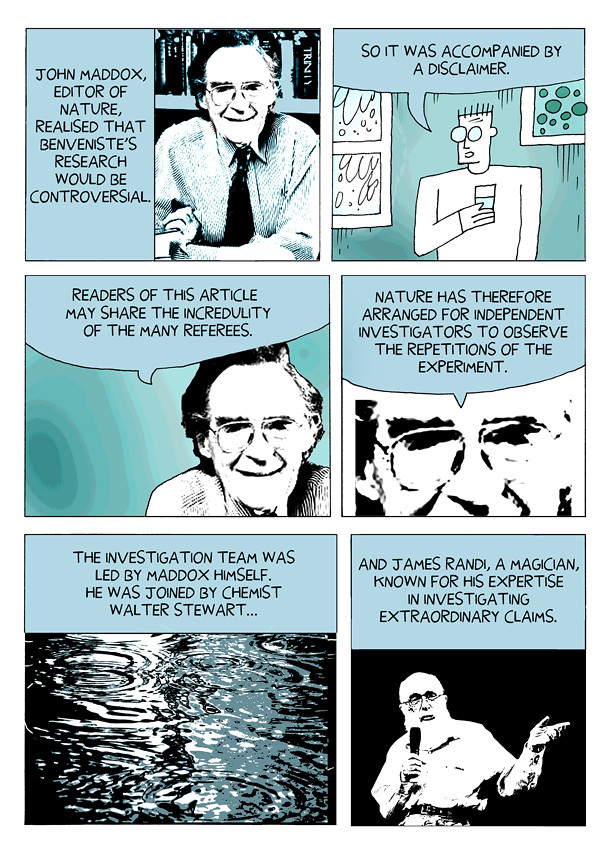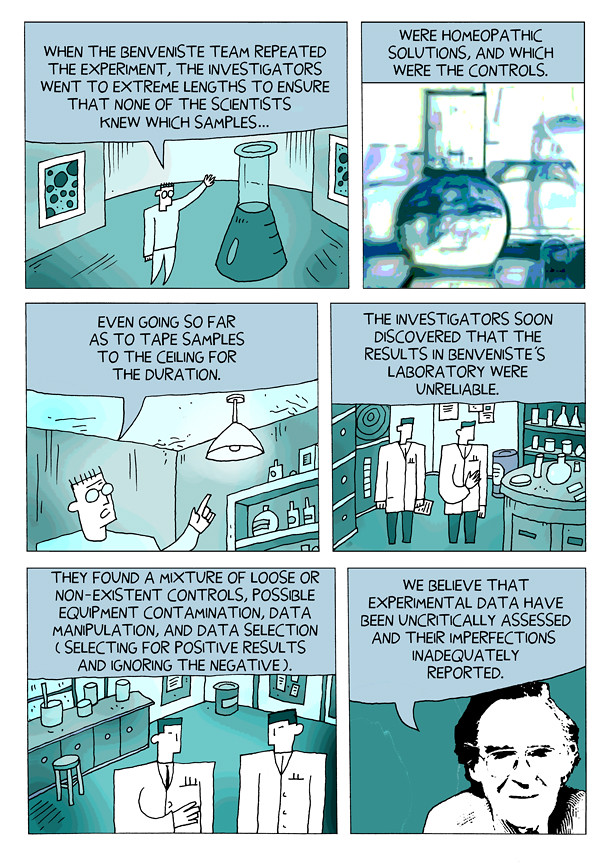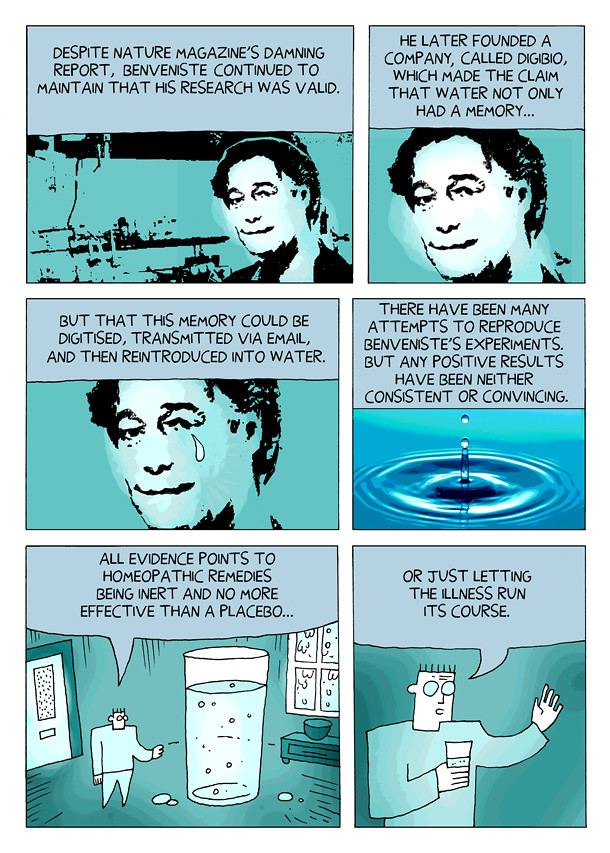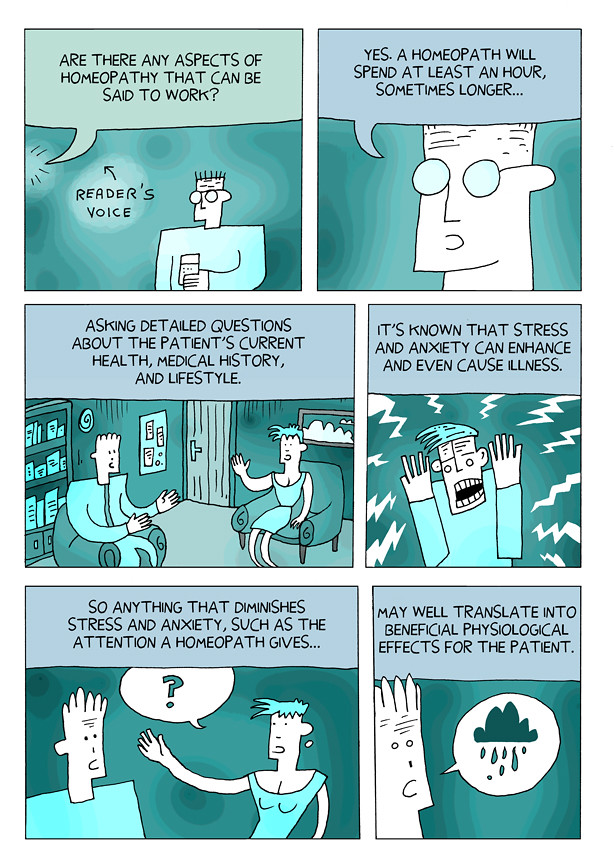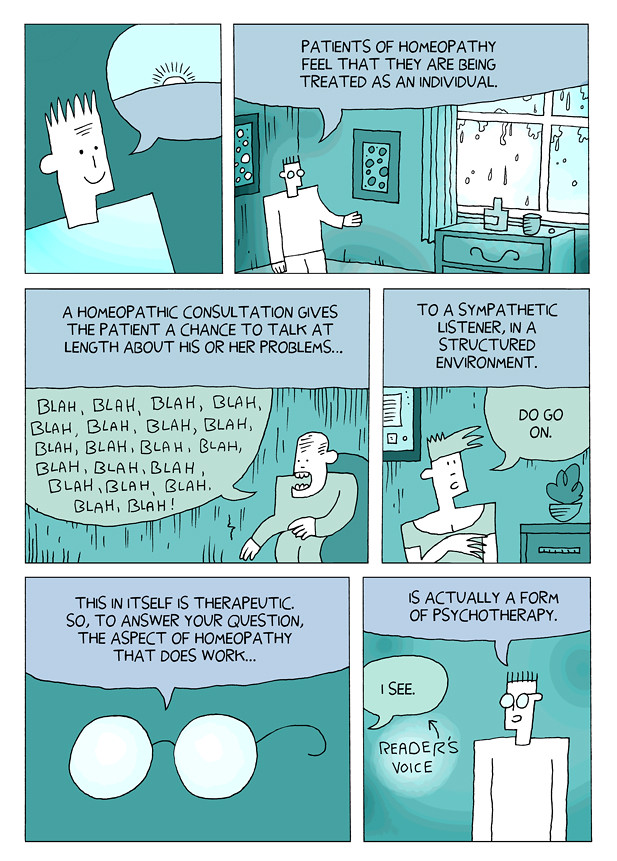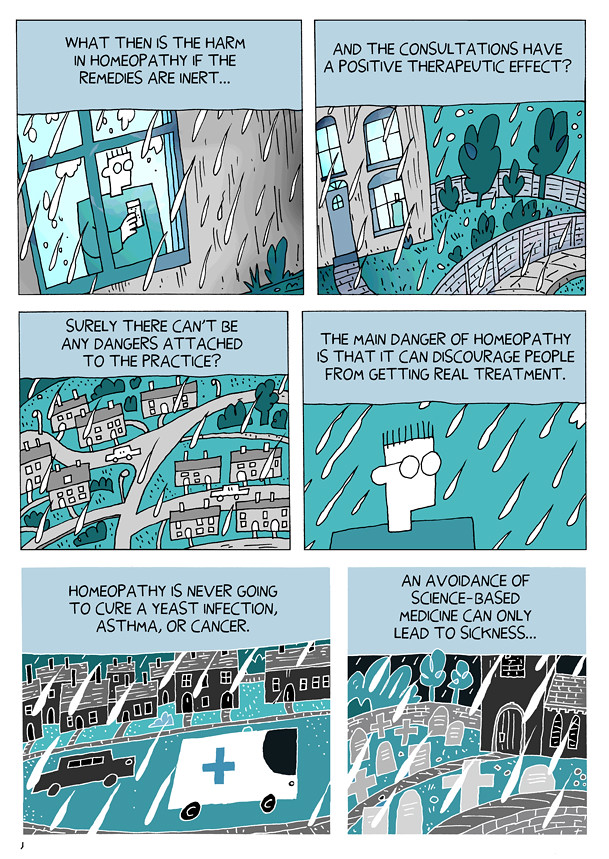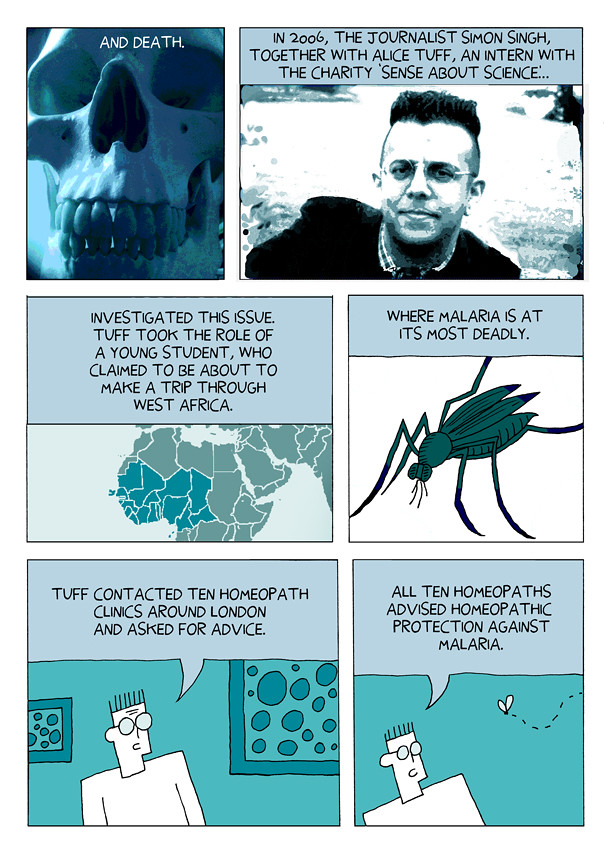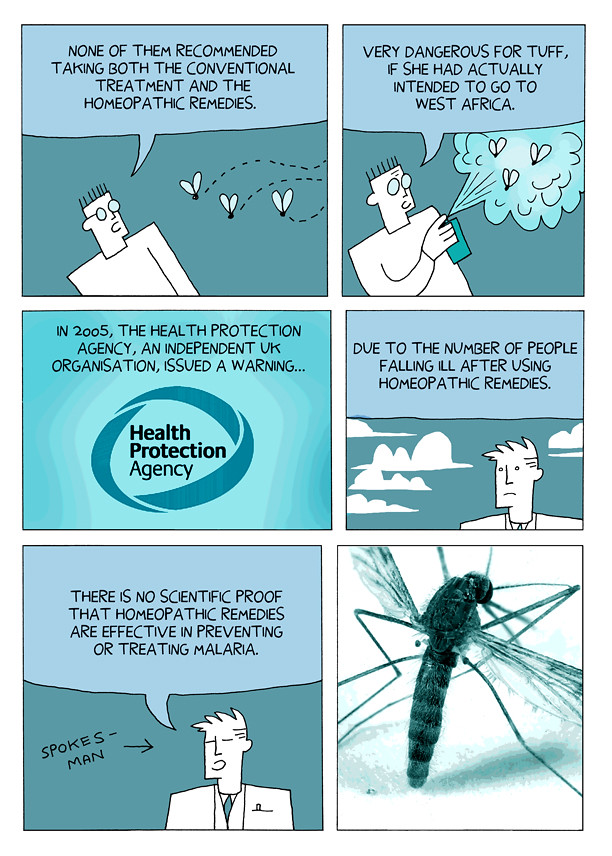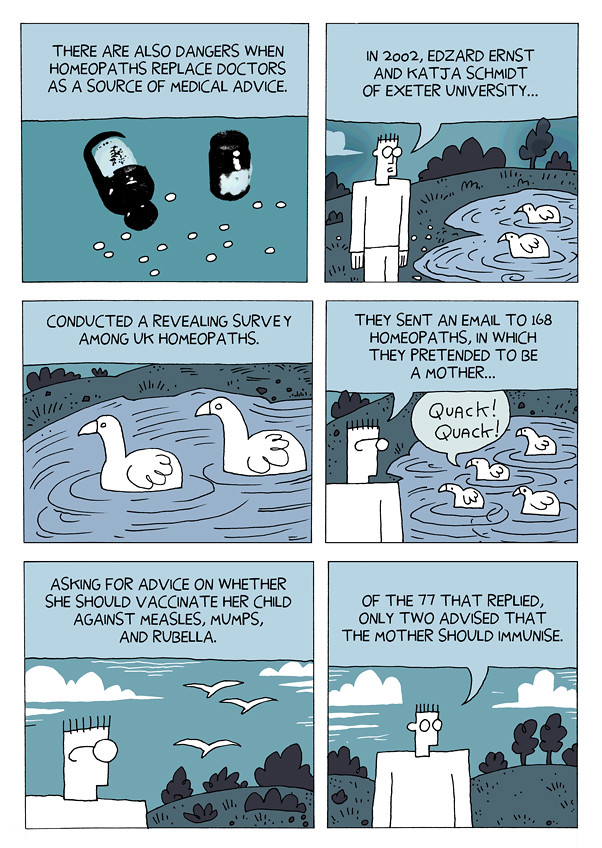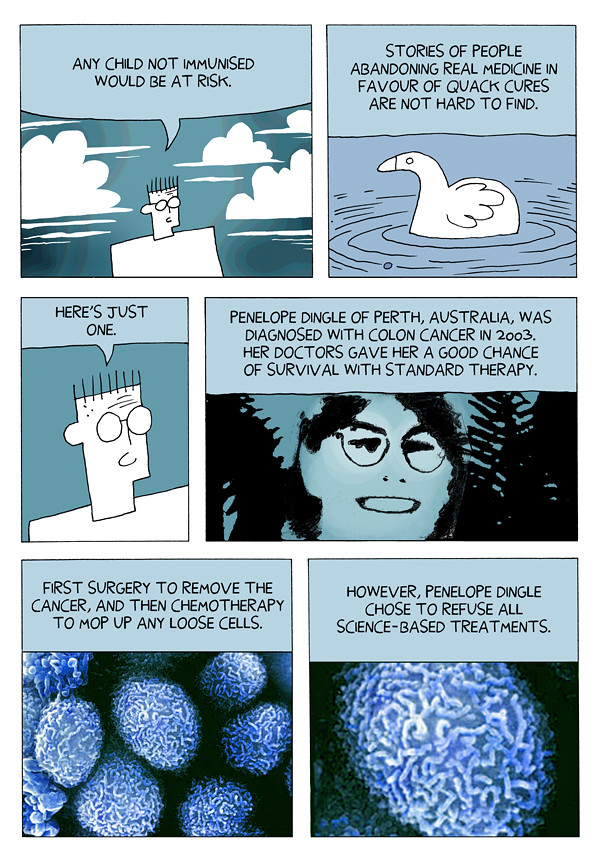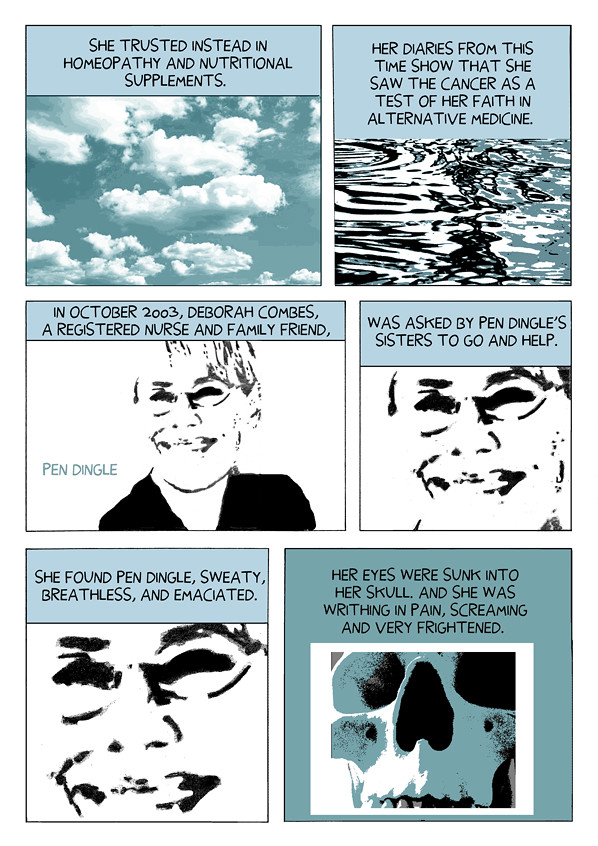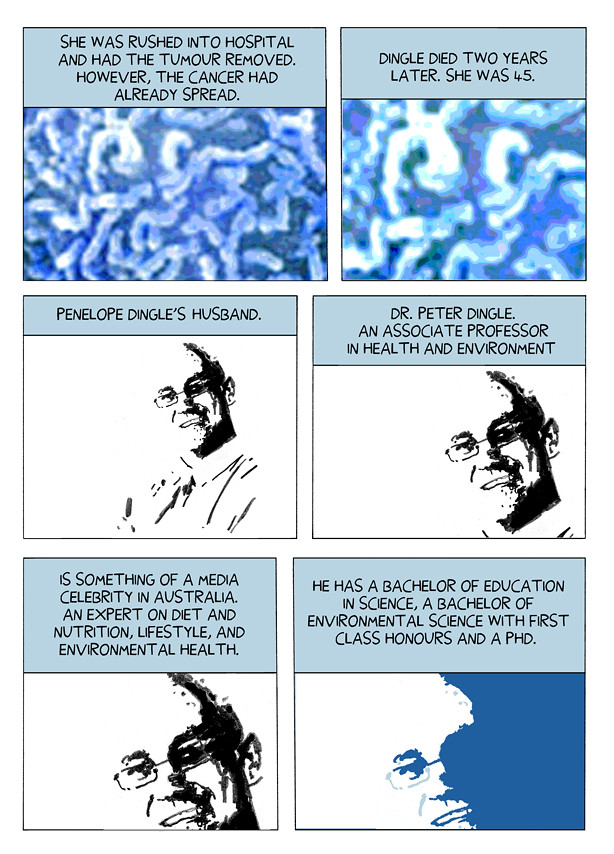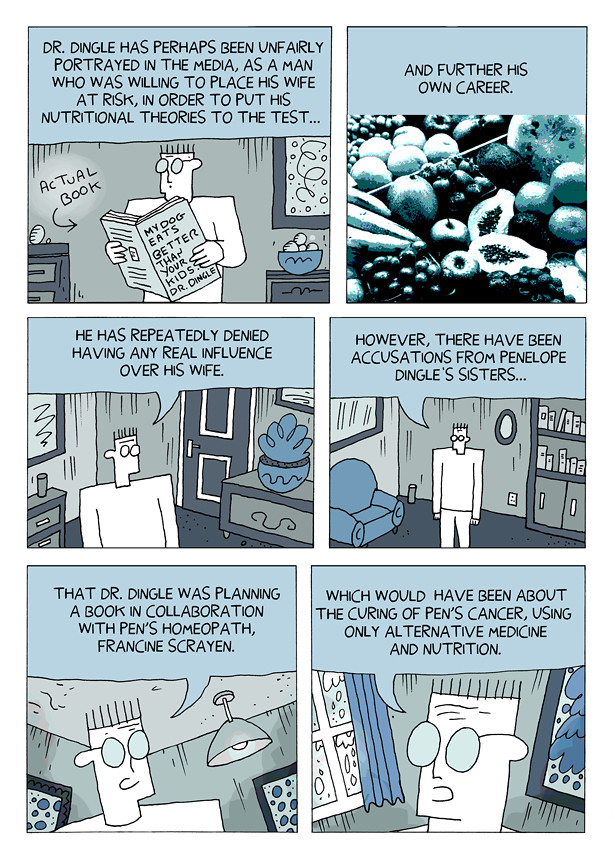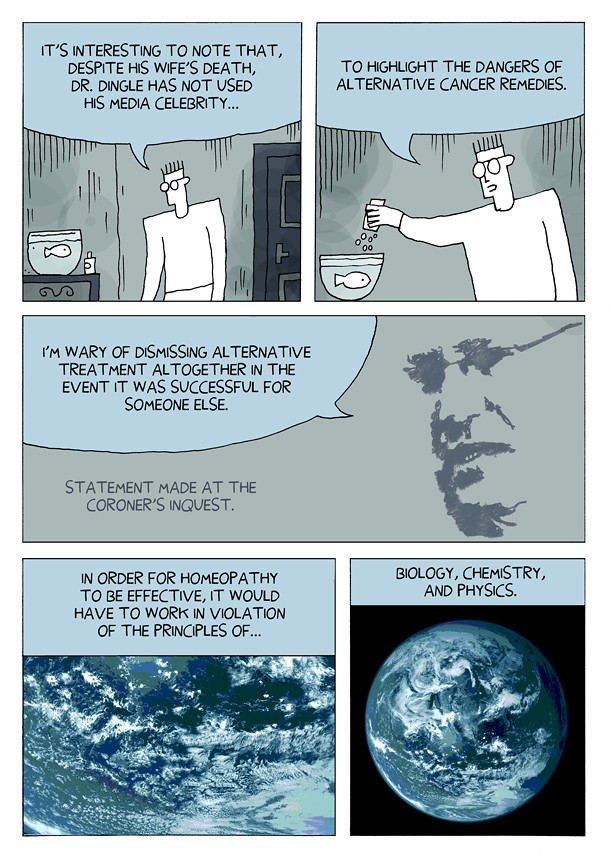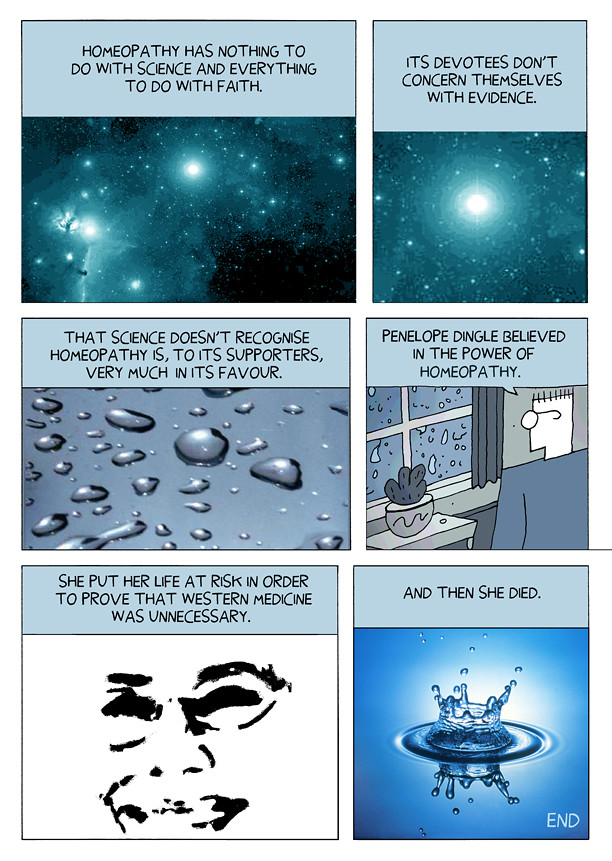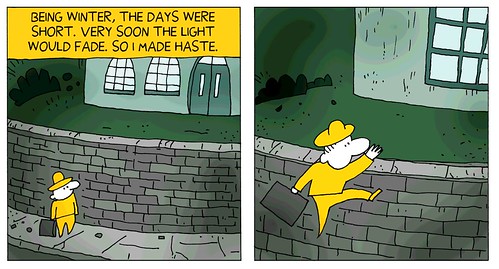Had a fabulous time in London, attending the
Graphic Medicine Conference at the university of London. I'm still digesting the experience which was something of a whirl. I've not attended one of these academic events before, so for me it was something quite different. Nothing like the comics events I usually attend.
I have this stereotyped image in my mind of professors wearing tweed jackets while smoking pipes. The people there were nothing like this. I talked for a while with this young woman, who turned out to be a professor of European Intellectual history at an American university. I thought she was just some girl. Which doesn't say much for me.
The event was well attended. There were about seventy-five delegates there, from all over the world. Quite a lot of people from Canada. The main thrust of the conference was to explore the medical narrative in graphic novels and comics. Sounds a bit dry and surely there's only a tiny area to explore? Not so. In recent years there's been a small explosion of medical-themed graphic novels. A few of the creators of these books were at the event. Brian Fies, talking about his book Mom's Cancer: A Family's Experience In Comics. Also attending was Philippa Perry, author of Couch Fiction, a graphic novel about psychotherapy. And, of course, I was there with Psychiatric Tales.
There was also a focus on using illustrations and comics in the education of those working in medicine, as well as its usefulness in therapy for patients. I was particularly interested in one talk, by MK Czerwiec, in which she discussed using illustrations to break down the barriers between professional caregivers and their patients. It's still sometimes hard for doctors, nurses, etc, to properly see the point of view of their patients. This is partly due to the professional detachment such working people are obliged to have and the emotional defence necessary in these professions. Put on the white coat and you're immediately detached from the rest of humanity due to the higher status you've just achieved and the powerful stresses of the work. In MK Czerwiec's talk she discussed asking care-givers to draw both the experience of a particular illness from the point of view of the professional and the patient. The division in the content of these illustrations was very clear. The emotional and empathetic content was almost entirely lacking when the care-givers took the professional stance, but it remained a powerful element in the drawings when the group took the patient's role.
It was mostly very interesting, although I didn't get to see every presentation, due to the parallel programming that had to go on in order to fit everything into one day. From my point of view it was a great success. I sold every copy of Psychiatric Tales I had (and could have sold many more). I did well on the panel discussion with Brian Fies and Philippa Perry (chaired by Paul Gravett). The whole event was quite a blast and there was free wine at the end of the day. What could be better than that?
Thanks to Paul Gravett, Peter Stanbury, and Ian Williams.
